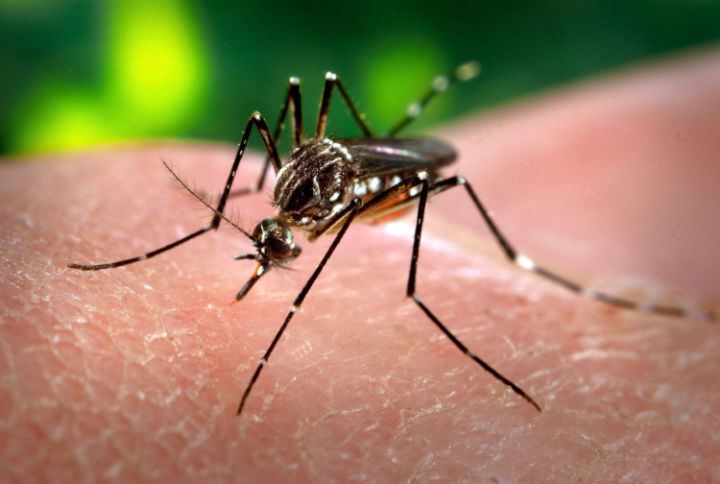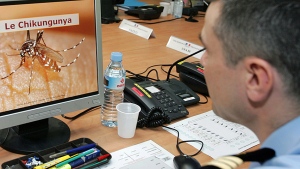The health officials in Puerto Rico declared an epidemic of chikungunya, a mosquito-borne virus that has been confirmed in more than 200 cases across the island as of late last month.
Health Secretary Ana Rius said the majority of those cases were reported in the capital of San Juan and nearby areas.
The virus was introduced into the Caribbean region late last year and the first case in Puerto Rico was reported in late May.
Meanwhile, Jamaican health officials reported the nation’s first confirmed case on Thursday. Dr Kevin Harvey, chief medical officer for Jamaica, said chikungunya was found in someone who had recently travelled to a country where the virus has been transmitted locally.
As of July 11, the Pan American Health Organization (PAHO) recorded more than 354,000 suspected and confirmed cases of chikungunya across the Caribbean.
The first locally-transmitted case in the Western Hemisphere was confirmed in December in the French Caribbean territory of St Martin.
Chikungunya symptoms take three to seven days to appear in those who have contracted it. The virus results in high fever for up to five days and a longer period of severe joint pain in the extremities that renders patients largely immobile.
Other symptoms may include headache, muscle pain, joint swelling, or rash, according to the US Centers for Disease Control and Prevention (CDC).
Younger patients usually make a full recovery in 5 to 15 days. Older patients can take up to two months to regain full strength, and elderly patients even longer.
The virus is rarely fatal, according to health officials. There is no vaccine yet, so treatment largely consists of pain medication.
Source; caribbean news now




